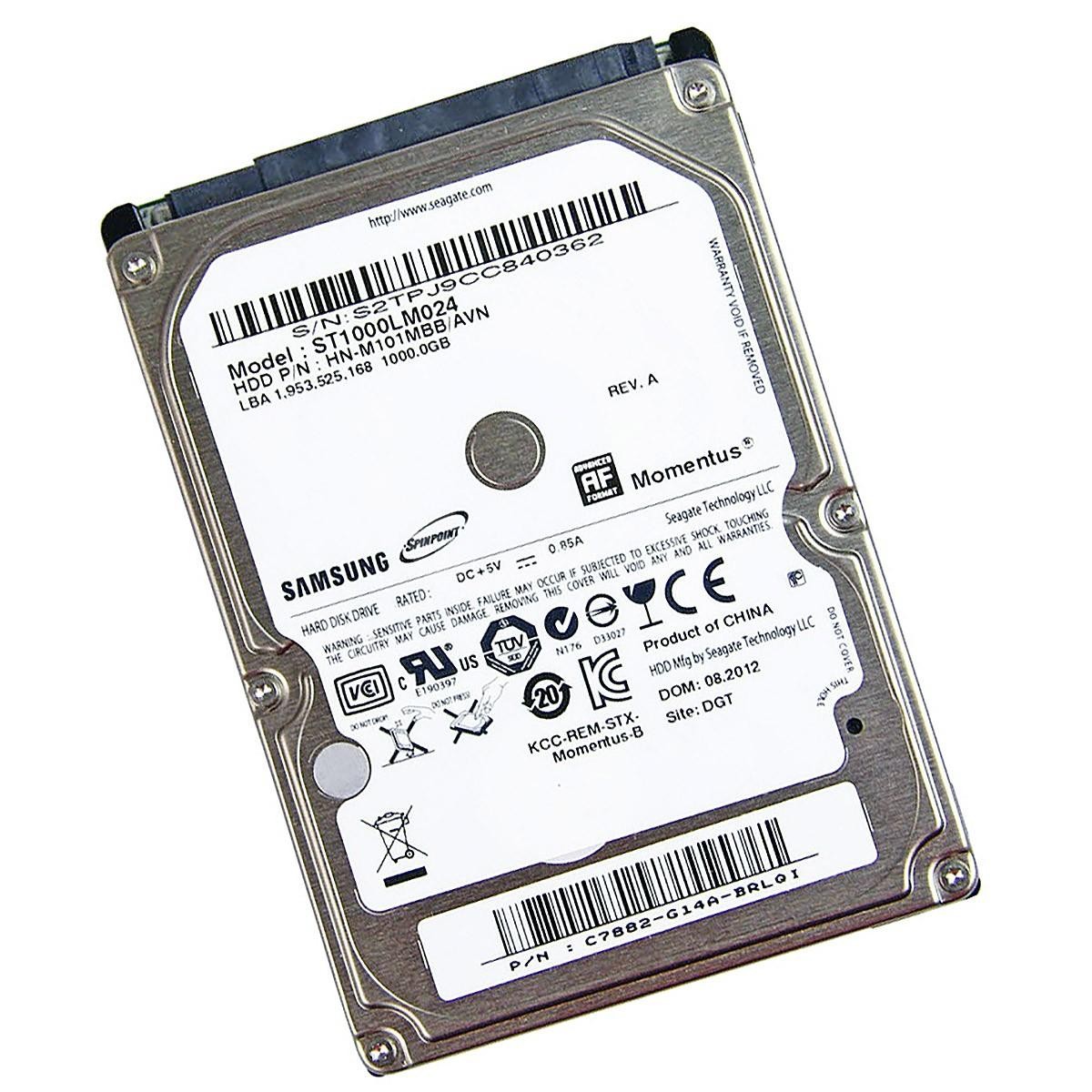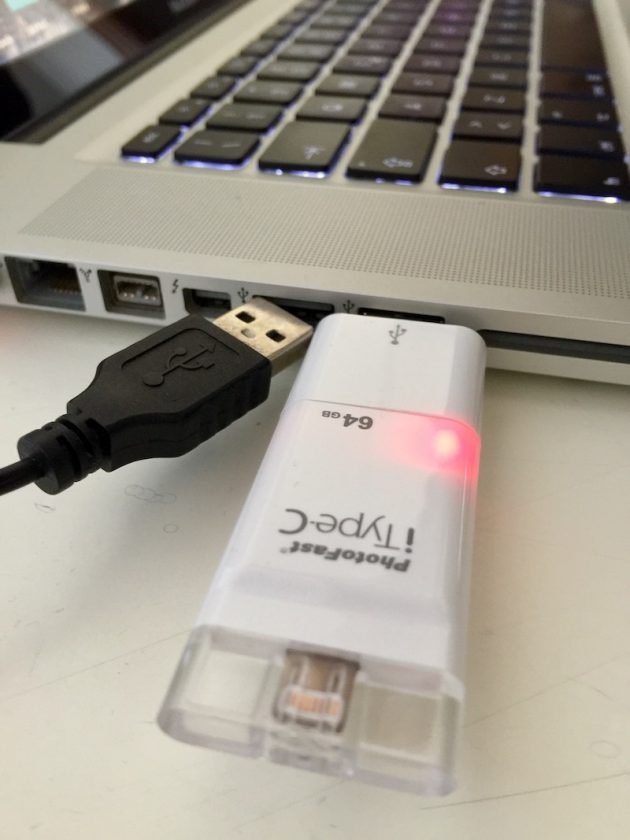
- #Usb 3.0 card mac pro 2007 how to#
- #Usb 3.0 card mac pro 2007 for mac#
- #Usb 3.0 card mac pro 2007 install#
- #Usb 3.0 card mac pro 2007 serial#
- #Usb 3.0 card mac pro 2007 drivers#
Was concerned about the Inateck USB 3.0 card you linked to being compatible with the most recent OS but it looks like a reviewer has it going with High Sierra just fine! Can you please clarify one thing: “be sure to connect the included SATA power cable” - I don’t see any ‘power cables’ on the product photos - is that part of the card’s connection to the port? Or a separate cable? Just want to make sure I’ve got everything together before I pop open my cheese grater. Do you have a tech question of your own for Rick? And send it in! If you found this post useful, would you mind helping me out by sharing it? Just click one of the handy social media sharing buttons below. The new Targus USB 3.0 Dual Video Card is equipped with both HDMI and DVI HD outputs that will enable you to connect two addition displays to your laptop or USB 3.0 enables PC, using a single USB. As you can see, you should have no trouble at all adding USB 3.0 or even USB-C 3.1 ports to your Mac Pro Shelley.īonus tip: Want to make sure you never miss one of my tips? To join my Rick’s Tech Tips Facebook Group! Note: The links in this post are affiliate links. And by the way, you also have the option to skip USB 3.0 and add some USB-C 3.1 ports to your Mac Pro instead by installing from Ableconn.
#Usb 3.0 card mac pro 2007 how to#
How to create a bootable installer usb for mac. Plugs into an empty PCI-E slot and it will add 4 USB 3.0 ports to your computer.
#Usb 3.0 card mac pro 2007 for mac#
I did a little research and discovered that there are several USB 3.0 expansion cards available for Mac Pros. I only told you about the backward compatibility because I want you to be aware of all of your options. For that reason I recommend going ahead and adding some USB 3.0 ports to your computer as originally planned so you can take advantage of the much faster USB 3.0 speed. But there’s a downside to doing that: The drive will transfer data back and forth with the computer at the much slower USB 2.0 speed, essentially negating the advantage of using a fast USB 3.0 drive. But before we go any further, are you aware that USB 3.0 is backward compatible with USB 2.0? That means you could always just plug a USB 3.0 external hard drive into one of your Mac’s USB 2.0 ports if you wanted to and it’ll work just fine. Just make sure you buy a card that’s designed to work with a Mac Pro instead of a PC.
#Usb 3.0 card mac pro 2007 install#
All you have to do is purchase a USB 3.0 expansion card and install it in an empty expansion slot. What’s more, it won’t cost you very much to do it. Mac Pro (with card slots)– OS X 10.8.5+ (OS X El Capitan compatible). The Allegro USB 3.0 4–Port card is ideal for use in any Thunderbolt to PCIe card. For Starters I decided to try this in my older Mac Pro. Your expansion card is listed according to the name of the chipset.
#Usb 3.0 card mac pro 2007 serial#
For example, a USB controller card would be under Universal Serial Bus controllers. Add four USB 3.0 ports – three external ports and one internal port – to your computer. My question is can I add some USB 3.0 ports to my Mac Pro? Rick’s answer: Yes, you sure can Shelley, and it’s very easy to do.Ĥ-Port PCI Express USB 3.0 Card.

I’d really like to be able to use a USB 3.0 hard drive with this computer. My computer is an older Mac Pro MC560LL/A and it only has USB 2.0 ports. I read your article about and I was wondering if they can be added to a Mac too?

Others need more power than your Mac can provide. Some devices can be powered by the USB port on your Mac.

Driver software supports display rotation. Choose between Mirrored, Extended or Primary display configurations. USB-powered - No external power adapter required.
#Usb 3.0 card mac pro 2007 drivers#
Some devices need their own software, such as drivers or firmware.Plug the device directly into your Mac instead of a USB hub or other device, and if necessary test with a different USB port on your Mac or device.

Test with another cable or adapter, if available.


 0 kommentar(er)
0 kommentar(er)
